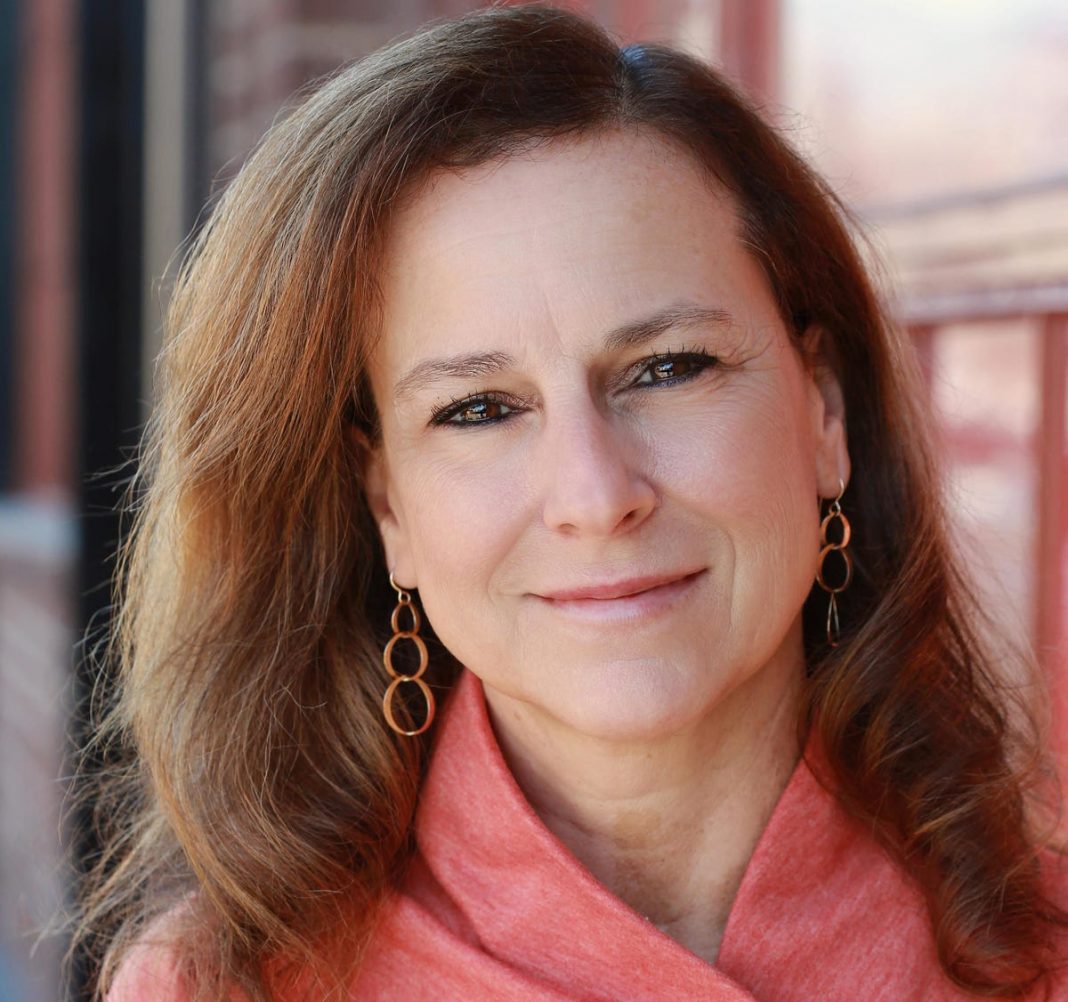Jody Akin, founder, chairman, and CEO at Hawthorne Effect, which decentralizes clinical trials, … [+]
Hawthorne Effect
The global clinical trials market size was estimated to be $44.3 billion in 2020 and predicted to rise to $69.3 billion by 2028, according to Grand View Research. Pharmaceutical and biotechnology companies are looking for innovative ways to improve data collection, decrease costs, and increase the diversity of trial participants.
The industry knows that age, genetics, gender, weight, racial and ethnic heritage, and location can play a role in the likelihood of getting a disease and in how effective and safe treatment may be.
Yet, clinical trials often aren’t accessible to diverse populations. Social determinants and other factors often limit participation. Despite the increased prevalence of some diseases and potentially different outcomes, marginalized people are often left out of clinical trials and miss the opportunity to participate in research on potentially life-saving treatments. Not having all segments of the population participate affects the validity of the data needed for regulatory approval of drugs and devices.
Recruiting and retaining participants for clinical trials is challenging. The premier medical institutes leading the trials, such as The Cleveland Institute, Columbia University, and Stanford University, can attract people locally and nationally. But, even when they have recruited marginalized populations, participants drop out because they can’t travel for the five to 10 follow-up visits. Approximately 30% of patients in clinical trials drop out over time, resulting in missing data.
Even though the industry wants clinical trial participants to be diverse, the industry is resistant to change. “The healthcare ecosystem is complex and nuanced,” said Jody Akin, founder, chairman, and CEO at Hawthorne Effect. “Changing it is a slow process and has to be done in a way that engenders trust and confidence among the different stakeholders.”
Akin has over 25 years of experience leading, designing, and operationalizing clinical research globally. Hawthorne’s mission is to make it easier for patients to participate in clinical trials no matter their location or socio-economic situation. “Barriers to conducting representative clinical trials go beyond geography,” said Akin. “They have to do with the digital divide and trust issues across different cultures.”
Tech alone can’t solve the problem. “Apps can’t draw blood,” exclaimed Akin. Hawthorne combines its technology platform with a robust network of medical professionals who collect the data, including conducting echocardiograms and doing physical and neurological assessments.
Her solution: Have credentialed medical professionals from the community—whom the institutes running the trials trust—communicate with patients and conduct some of the follow-ups. Having local providers makes it easier for underrepresented populations to participate and make them more comfortable with the process. Developing meaningful relationships with the institutes’ participants through ongoing communication before, during, and after a trial helps build trust among all stakeholders. It also can help with future recruitment efforts.
Before founding Hawthorne, Akin designed and led clinical trials for a breakthrough technology for heart valve disease. The trial required a multi-discipline approach. Medical professionals who typically are competitive with each other had to work together to screen patients and enroll them in the clinical trials. It was a collaborative effort.
Akin learned from that experience that creating community is essential. So, too, is being transparent about the process to all stakeholders—including patients—and demonstrating a high level of quality.
Since Akin launched Hawthorne in 2015, she learned that the go-to-market strategy doesn’t start by selling into the C suites of the drug and device companies. It begins with the medical institutes that conduct the trials. “We worked first with medical institutions which implement the trials, allowing them to see how our platform is a natural extension of their capabilities,” said Akin.
Participating in a clinical trial can seem scary. Having doctors, nurses, and other medical professionals from marginalized communities—Asian, Black, Latinx, Middle Eastern, and Native Americans—guide the process, answer questions, and address concerns increases the likelihood that a patient will return for follow-up visits. These guides are called Hawthorne Heroes. They connect to patients on a human level, meeting them in their homes, and going through the entire process with them there.
Covid-19 accelerated the need to do clinical trials quickly and reach marginalized populations who were disproportionately likely to get the infection. “It has sped up the acceptance and adoption of the Hawthorne,” Akin. The National Institute of Health (NIH) approached Hawthrone to do clinical trials for Covid-19 treatments. The company was able to set the trial up in a week. One participant is a homeless man in Texas who was released into a homeless shelter. “Without the platform, the patient wouldn’t have been offered participation in the trial because of the constraint of being able to do the follow-up.”
Hawthorne Effect recently announced it closed a $20 million Series A round of funding, led by Northpond Ventures with participation from SignalFire and P5 Health Ventures. The company has raised a total of $24 million.
How can you change your go-to-market strategy to improve the acceptance of your product or service?




